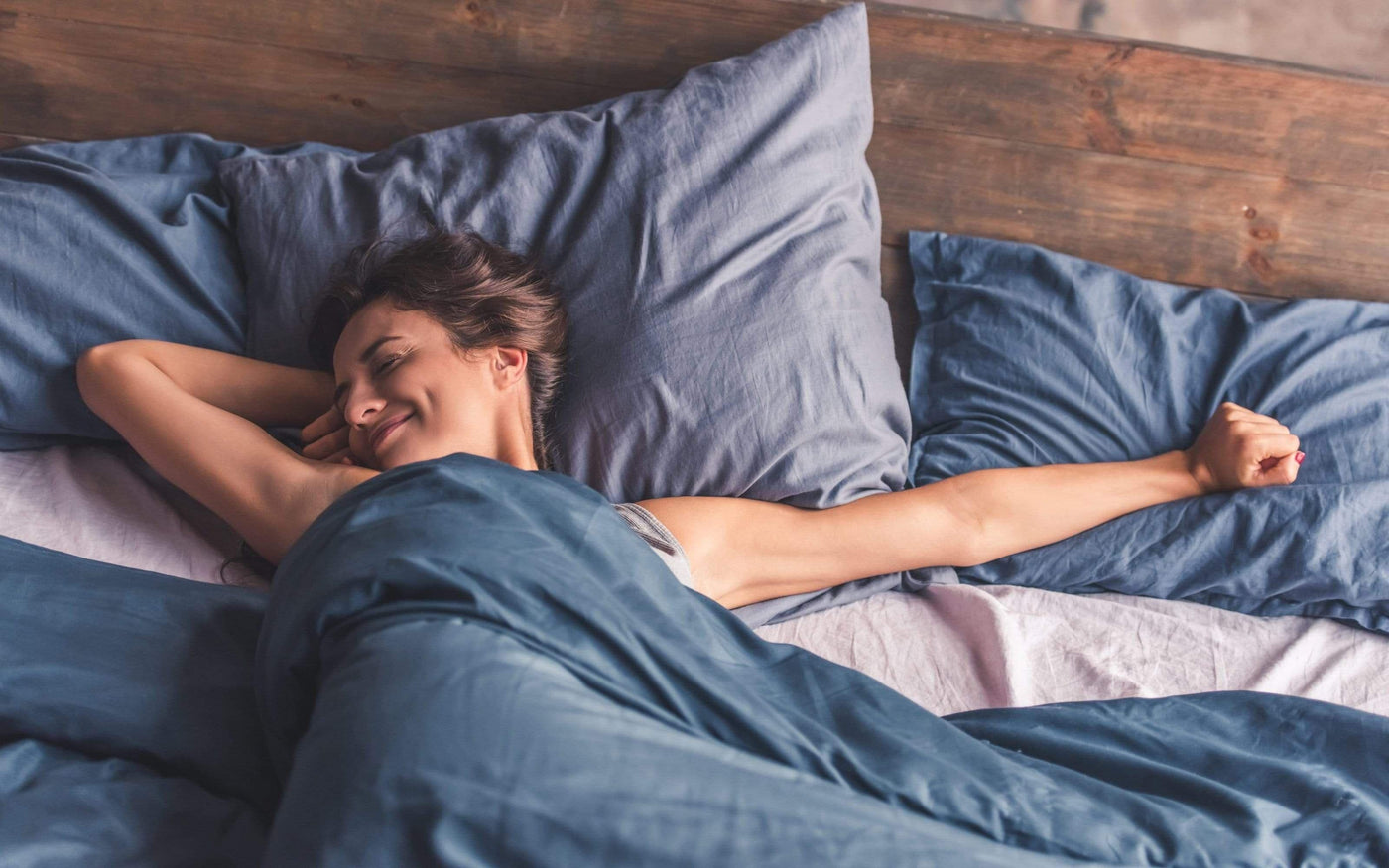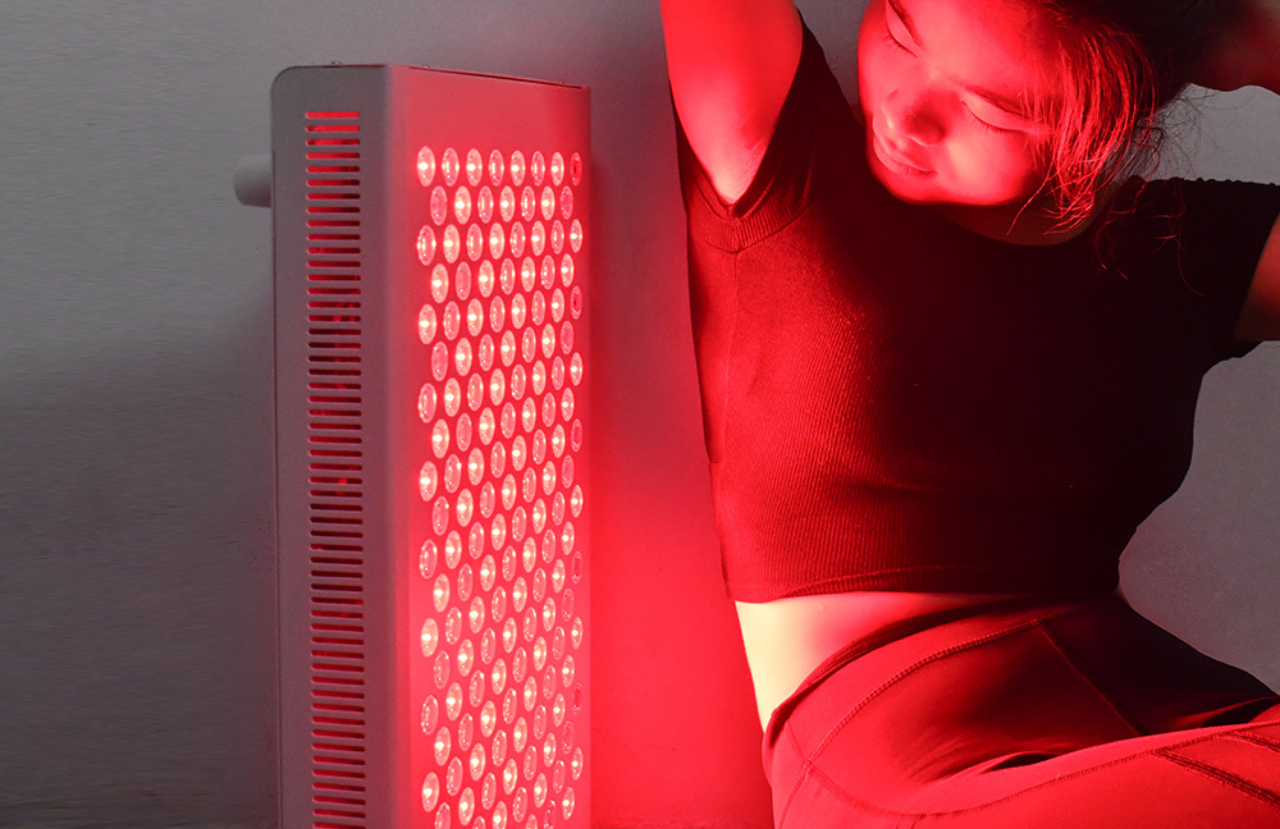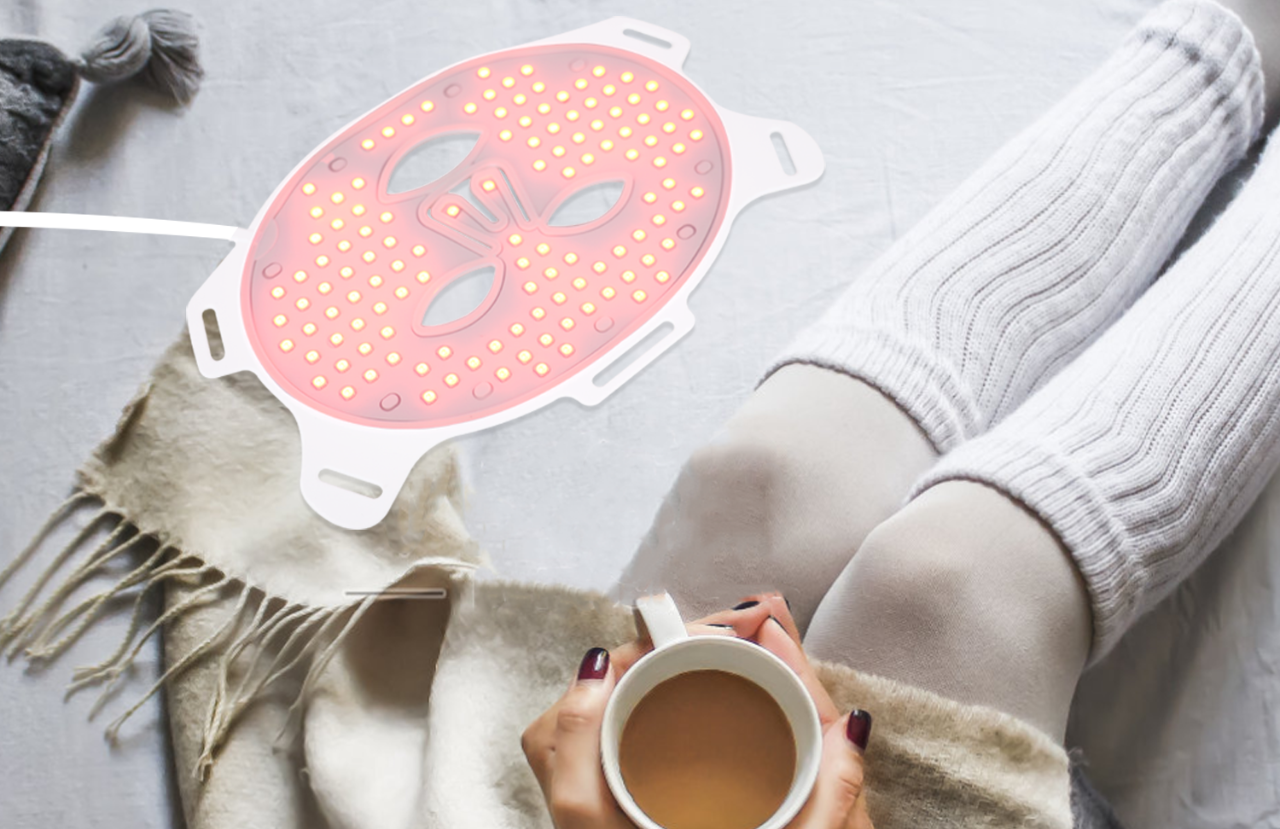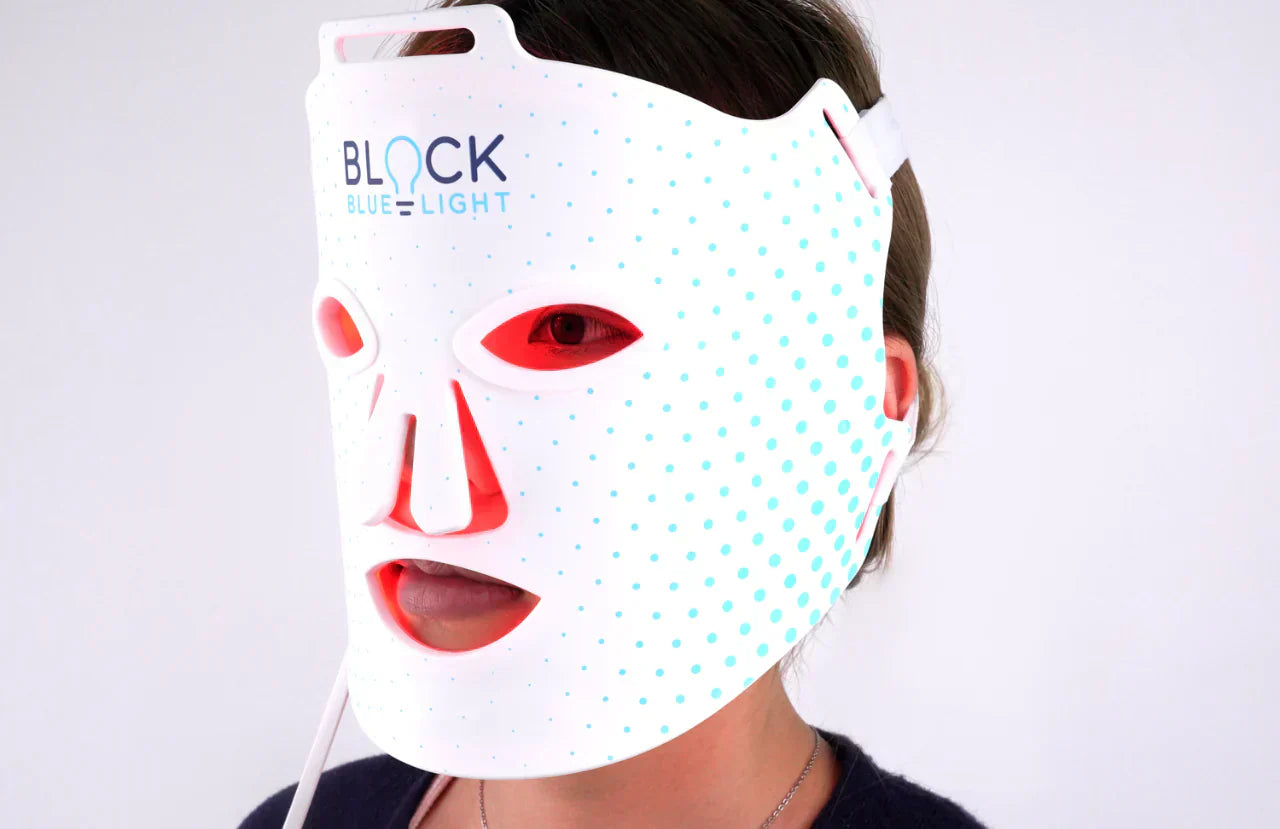Research has repeatedly told us that 7-8 hours of sleep per night is optimal for good health in adults, but most of us don’t get close to this amount.
In our culture of productivity, getting to bed early and sleeping enough each night may seem like a bit of a luxury. We often forgo sleep in favour of socialising, doing work and chores, scrolling on social media or catching up on TV shows.
Many of us vastly underestimate the importance of sleep and sometimes see it as a waste of time. However, it’s time to change our view of sleep because it is vital to our health and wellbeing.
Why We Sleep
Do you find yourself feeling grumpy, forgetting silly things or having trouble with memory recall after a few nights of poor sleep?
We know instinctively that getting enough sleep is good for our health. We can feel it gives us more energy and stamina, improves focus and boosts mood. However, only fairly recently researchers have started understanding what actually happens when we sleep and why it’s important.
When we sleep well, we go through 5 sleep cycles about every 90 minutes, which includes periods of non-rapid eye movement (NREM) sleep and rapid eye movement (REM) sleep. Most of our cellular repair takes place during the slow-wave NREM sleep, whereas REM sleep is the stage of sleep where we dream and process emotions. Deep sleep is also essential for the brain to integrate and store memories and extract meaning from our life experiences.
Another important aspect is that the pituitary gland in the brain releases Human Growth Hormone (HGH) during sleep, which is essential for repairing and regenerating our cells and tissues. It helps us to maintain the optimal function of all our bodily systems.
Health Risks of Poor Quality Sleep
Inadequate sleep length and quality can have devastating effects on our health and could be behind many of today’s chronic health issues. We’ve compiled a list of 5 health risks associated with poor sleep.
1. Weight gain

Poor sleep length and quality are a major hidden cause of weight gain and obesity. It causes fatigue which will likely have us reaching for high-calorie snacks to boost energy throughout the day. On top of this, the last thing we feel like doing is going for a walk or hitting the gym when we’re tired.
Research has actually shown that when we don’t sleep enough our body releases higher levels of the hunger hormone ghrelin and lower levels of the appetite suppressing hormone leptin (1). It’s not difficult to imagine what this does to our self-control around food.
2. Diabetes

We know poor sleep can lead to weight gain, so it’s no surprise that it can also increase our risk of type-2 diabetes. Diabetes is a chronic health condition that occurs when we cannot produce enough of the hormone insulin to effectively store sugar. This causes our blood sugar levels to climb uncontrollably, damaging blood vessels and causing other problems.
Studies have shown that shorter sleep durations impair insulin sensitivity, a precursor to diabetes.
One study found that chronic sleep deprivation (less than 6 hours of sleep per night) is a serious risk factor for developing type-2 diabetes (2).
Luckily, improving sleep hygiene and getting sufficient shut-eye each night can improve insulin sensitivity and blood sugar control.
3. Heart Disease

Poor sleep is a major risk factor when it comes to heart health. It is linked to weight gain and diabetes, two risk factors for heart disease. In addition, it causes an increase in systemic inflammation which we know is involved in cardiovascular disease.
An interesting 20-year study on 798 men found that those who had slept less than five hours a night had twice the risk of a cardiovascular event - stroke, heart attack or heart failure - than men who got 8-9 hours of sleep per night (3).
4. Cancer

As mentioned earlier, inadequate sleep affects our immunity. Now studies show it may also influence our risk of cancer – a disease where cells bypass the immune system and are able to proliferate.
Studies have linked people who work night shifts to higher rates of breast cancer (4). The reason behind this could be a disruption in the circadian rhythm and inadequate production of the sleep hormone melatonin, which is known to have anti-cancer properties (5).
5. Poor Immunity

Lack of quality sleep can have devastating effects on our immune system and our ability to fight off the germs in the air around us, as well as any bacteria or viruses already in our body.
Studies on shift workers – those who are often sleep deprived from working early morning, evening and night shifts – showed they had an increased risk for viral infections (12).
This may be because we need sleep to produce immune compounds called cytokines that help to fight inflammation and infection. Less sleep means less of these important immune soldiers.
6. Dehydration

A study has found that the less we sleep the more likely we are to be dehydrated. It established that adults who get six hours of sleep per night were more likely to be dehydrated than those who slept for eight hours. This is likely linked to the night time release of the hormone vasopressin that regulates hydration (6).
Symptoms of chronic poor sleep like low mood, cognitive function and energy, may be compounded by dehydration. So, remember to hydrate well if you haven’t managed to get enough shut-eye!
Health Benefits of Good Quality Sleep
The good news is that getting regular, good-quality sleep can improve our mental and physical health.
1. Skin Health

We’ve all made that joke about needing more beauty sleep, but it turns out it’s not just an excuse to spend more time in bed. Getting more sleep really improves our skin health and appearance.
The body goes into repair mode when we sleep and increases blood flow to the many tiny blood vessels in the skin. We also produce more collagen during this time, an abundant protein needed for skin integrity and flexibility.
One study found that women who got 7-9 hours of quality sleep each night had fewer signs of intrinsic skin ageing, better skin barrier function and better recovery from skin redness after ultraviolet light exposure (7). People who had better sleep were also happier with their physical appearance.
Getting a good night’s sleep on a regular basis reduces stress on our body, and this will be visible in the appearance of our skin.
2. Boosts Mood

Most of us are familiar with the mental and emotional boost we get from a good night’s sleep. It can really make the world of difference to our mood and outlook on life.
Chronic sleep loss makes us feel fatigued and is linked to depression. However, getting consistent quality sleep can benefit our mood because it gives us more energy, which positively influences our ability to cope with life. This makes us feel better about ourselves, more in control and more optimistic about life.
3. Better Cognitive Function

Getting quality sleep gives us the mental energy to focus and concentrate with ease, and it positively influences our problem-solving skills (8). NREM and REM sleep also allows us to effectively process and consolidate new memories. It converts short-term memories to long-term memories, so if we get good sleep our ability to learn is vastly improved (9).
Next time you consider pulling an all-nighter for work or school, keep in mind that going to bed early is much more beneficial for your mental performance and memory.
4. Increased Physical Performance

If you’re someone who likes to engage in sport and other forms of physical activity, sleep may give you an advantage by improving your performance in this area.
A study on men from Stanford University’s basketball team found that when they spent a minimum of 10 hours in bed each night, sleep length was extended and there was an improvement in athletic performance. It found that getting optimal sleep may significantly improve physical accuracy, speed and reaction time (10).
5. Improved Immunity

Most of us are familiar with opportunistic colds and flu that seem to take hold after a long sleepless period of parenting, working, studying or even partying. Luckily, sleeping more can boost our immunity.
One study found that sleep is essential for the proper functioning of T cells, important immune cells that fight pathogens in our body. The research found that those who got adequate sleep had higher levels of sticky proteins called integrins (11). These are T cell-activated proteins that allow them to easily “stick” to and attack infected cells.
By prioritising quality sleep we give our body a better chance of fighting off infection, and maybe even cancer.
Blocking Blue Light Can Drastically Improve Your Sleep Quality
You may have heard that exposure to light in the lead up to bed time can have negative effects on your ability to fall asleep and get deep restorative sleep. Bright light in the evening actually confuses our circadian rhythm (internal body clock) and suppresses the production of the important sleep hormone melatonin.
The pull of TV, computers, tablets, gaming devices and smartphones can be hard to resist after a long day. However, if we want to get good-quality health-enhancing sleep each night, it is vital to start creating a bed time routine and stop impeding our ability to fall asleep.
Luckily, you don’t need to sit around in darkness! There are now convenient Anti Blue Light Glasses and Low Blue Light Bulbs available that will allow you to continue producing melatonin and improve your sleep.

Conclusion
As you can see, getting quality sleep each night is one of the best things you can do for your health. Next time you’re tempted to stay up late working or watching a movie, remember that you’ll be so much better off in all areas of your life if you prioritise sleep first. If you cant aviod the late night exposure to artifical light make sure you use high quality blue light blocking glasses and blue light free lighting to remain protected, your sleep and overall health will thank you!
Resources
- Taheri et al. (2004). Short Sleep Duration Is Associated with Reduced Leptin, Elevated Ghrelin, and Increased Body Mass Index. Available at: https://www.ncbi.nlm.nih.gov/pmc/articles/PMC535701/
- Al-Abri et al. (2016). Habitual Sleep Deprivation is Associated with Type 2 Diabetes: A Case-Control Study. Available at: https://www.ncbi.nlm.nih.gov/pmc/articles/PMC5099401/
- Sleeping Five Hours or Less a Night Associated with Doubled Risk of Cardiovascular Disease. (2018). Available at: www.sciencedaily.com/releases/2018/08/180826120749.htm
-
Cordina-Duverger et al. Night Shift Work and Breast Cancer: A Pooled Analysis of Population-Based Case–Control Studies with Complete Work History. (2018). Available at: https://www.ncbi.nlm.nih.gov/pubmed/29464445
- Blask. Melatonin, Sleep Disturbance and Cancer Risk. (2009). Available at: https://www.ncbi.nlm.nih.gov/pubmed/19095474
- Shorter sleep can lead to dehydration. (2018). Available at: https://www.sciencedaily.com/releases/2018/11/181105172027.htm
- Oyetakin-White et al. (2014). Does Poor Sleep Quality Affect Skin Ageing? Available at: https://www.ncbi.nlm.nih.gov/pubmed/25266053
- Walker et al. (2002). Cognitive Flexibility across the Sleep–Wake Cycle: REM-Sleep Enhancement of Anagram Problem Solving. Available at: https://www.ncbi.nlm.nih.gov/pubmed/12421655
- Rasch & Born. (2013). About Sleep's Role in Memory. Available at: https://www.ncbi.nlm.nih.gov/pmc/articles/PMC3768102
-
Mah et al. (2011). The Effects of Sleep Extension on the Athletic Performance of Collegiate Basketball Players. Available at: https://www.ncbi.nlm.nih.gov/pubmed/21731144
- How Sleep Can Fight Infection. (2019). Available at: https://www.sciencedaily.com/releases/2019/02/190212094839.htm
- Almeida et al. (2016). Sleep, Immunity and Shift Workers: A review. Available at: https://www.ncbi.nlm.nih.gov/pmc/articles/PMC5241621/





